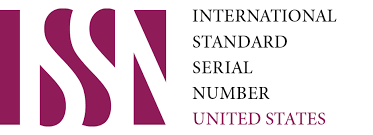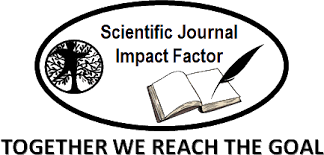Identifying A Learner’s Level of Foreign Language: Proficiency Tests and Underlying Cognitive Processes for Receptive Skills
Keywords:
proficiency tests, receptive skills, CEFR, reading comprehensionAbstract
One of the most frequently asked questions among foreign-language teachers of new groups of students deals with the ways to identify the level of target language proficiency of the learners. Modern resource databases propose numerous ready-made tests for that, which often causes the teachers to hesitate about the choice. This article aims to distribute receptive language skills of reading and listening across the proficiency levels of CEFR framework, thereby answering the ‘how’ question about the principles of comprehension and supplying necessary data for the further design or selection of proficiency tests.
References
Engels F. Dialectics of nature. - M.: Ogiz, State Publishing House of Political Literature, 1946.
Kline M. Mathematics. Loss of uncertainty. - M.: Mir, 1984.
Hilbert D. Mathematical problems: Speech at the II International Mathematical Congress // Life of Science. - M.: Science, 1973.
Zhuleva L.D. Some philosophical questions of mathematics / Civil aviation at the present stage of development of science, Technology and Society: Intern. sci.-tech. Conf. dedicated to the 85th anniversary of Russian civil aviation. - M.: MGTU GA, 2008.
Zhuleva L.D. Philosophical problems of mathematics: the role of mathematical abstractions in the development of modern science and technology // Scientific Bulletin of MSTU GA. - 2010. - No. 155. - S. 49-53.
Downloads
Published
Issue
Section
License

This work is licensed under a Creative Commons Attribution 4.0 International License.
User Rights
Under the Creative Commons Attribution-NonCommercial 4.0 International (CC-BY-NC), the author (s) and users are free to share (copy, distribute and transmit the contribution).
Rights of Authors
Authors retain the following rights:
1. Copyright and other proprietary rights relating to the article, such as patent rights,
2. the right to use the substance of the article in future works, including lectures and books,
3. the right to reproduce the article for own purposes, provided the copies are not offered for sale,
4. the right to self-archive the article.













